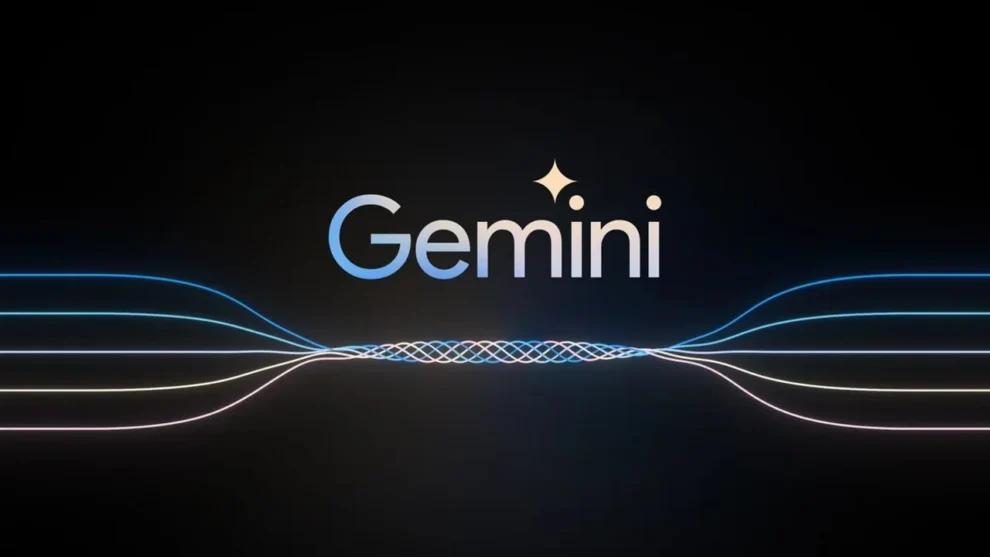Google’s smart home technology is entering a new era with the introduction of Gemini, a robust AI model that seeks to enhance the already well-established Google Assistant in our homes. As digital assistants become increasingly integrated into our daily routines, the distinction between these two Google technologies is pivotal for users looking to optimize their smart home setups.
Who and What: The Contenders
Google Assistant has long been the cornerstone of Google’s smart home products, seamlessly integrating with devices to perform tasks ranging from media playback to smart device management using voice commands. On the other hand, Google Gemini represents a shift towards more sophisticated AI interactions, promising a deeper level of contextual understanding and more creative problem-solving capabilities.
When and Where: Rollouts and Integrations
Both technologies are being integrated across various Google platforms, including smartphones and smart home devices like Nest cameras and Google Home speakers. While Google Assistant continues to handle more straightforward, routine tasks adeptly, Gemini is being tested and rolled out in phases, with certain features already available to Nest Aware subscribers.
Why: Enhancing User Experience
The development of Gemini is part of Google’s broader goal to create more intuitive and helpful user experiences. By harnessing advanced AI technologies, including large language models and generative AI, Gemini aims to provide users with more personalized and complex interactions, from creating home automations to offering detailed assistance through the Google Home app.
Key Features and Functionalities
- Interactivity and User Interface: Google Gemini introduces a unique interface that starts as a pop-up and can expand into a full-screen application, providing detailed interactions. Unlike Assistant, which is typically a background service, Gemini offers a more engaging user experience.
- Performance and Adaptability: Although currently slower than Google Assistant in executing tasks, Gemini shows potential in adapting responses and expanding its assistance based on user feedback. Its capabilities include handling complex queries and offering creative suggestions for various tasks.
- Integration with Home Devices: Both technologies are designed to enhance the smart home experience but do so in different ways. While Assistant focuses on efficient home automation via voice commands, Gemini brings in advanced AI to make devices like Nest cameras and Google Home more intelligent, understanding broader contexts and enabling easier setup of home automations.
Privacy and Trust
Privacy remains a cornerstone of Google’s development, with ongoing efforts to ensure data security and user trust through rigorous testing and privacy standards.
Future Prospects
The future of smart home technology with Google seems to be a dual approach where both Assistant and Gemini play significant roles. Assistant will likely continue to handle core smart home functionalities, while Gemini could take on more complex and creative tasks as it evolves.
Deciding between Google Assistant and Gemini may come down to user preference for stability versus advanced features. For those who enjoy experimenting with the latest technologies, Gemini offers a glimpse into the future of interactive AI, while traditional users might prefer the reliability and simplicity of Google Assistant.




